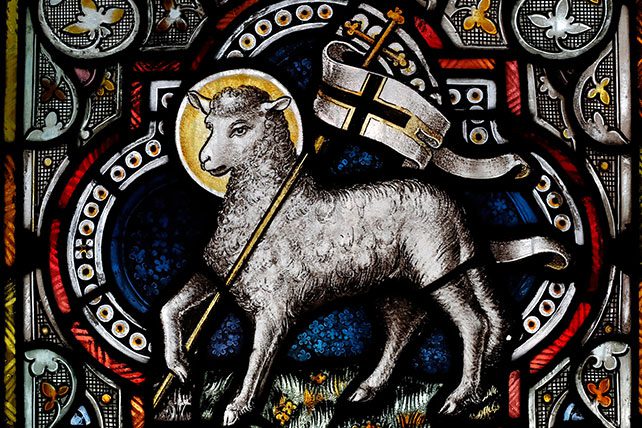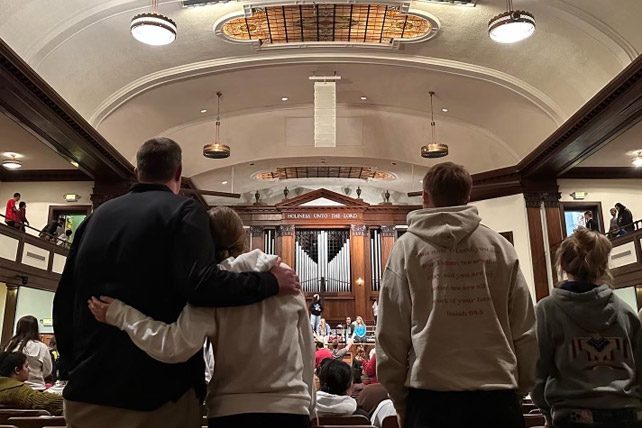While earning my executive master’s degree in the neuroscience of leadership, I learned some fascinating insights about the brain that can help us pastors lead, speak, and live more effectively. To prep you for today’s post, answer this question? How would people describe my sermons: hard to listen to or easy to listen to? Take a moment and stop reading and honestly answer that question for yourself. Whatever your answer, we can all improve our preaching. In this post, I share some interesting insight about the brain that can make your sermons easier to listen to.
I’ve included below a short checklist based on neuroscience insight that might give you a clue and help you improve.
But before that checklist, I’ve listed a few important brain facts to set the stage.
- The executive brain functions like concentration, abstract reasoning, problem-solving, and attention occur primarily in the pre-frontal cortex (PFC), the area roughly behind your forehead. This is the part of the brain you hope your sermons engage. If your listeners don’t engage this part of the brain, your sermon “went in one ear and out the other.”
- The PFC processes information in a serial fashion (one thing at a time). Think of a conveyer belt with an item on it followed by another followed by another, etc. You may recall Lucille Ball’s famous candy conveyor belt episode. If something happens at the front end of that conveyer belt and all the items get clogged up, then nothing moves forward. The same thing happens in the brain. It will only process one thing at a time and if overloaded, it processes very little information. Multi-tasking is a misnomer. See my blog post on multi-tasking here.
- The PFC tires easily. If a speaker does not give breaks for the listener’s brain to rest, it will take its own breaks.
- Five fundamental processes summarize what the PFC does: it understands, decides, recalls, memorizes, and inhibits (that is, blocks out distractions).
Many complex processes are happening inside the brains of our listeners. So, how can we maximally engage their brains so that the Holy Spirit has lots of biblical truth to work within their hearts to ultimately bring about life transformation?
A few ideas for your sermon based on neuroscience.
- Start out telling the people where you’re going with your sermon. Give a sermon outline or a metaphor that points in a specific direction. The term is called pre-encoding. Learning is the encoding part. Pre-encoding sets up the listener to learn.
- Don’t aimlessly ramble. If you constantly chase rabbits, their brains will check out.
- Don’t use complex terms and long sentences. When you do, the listener’s brain will tune you out to try to figure out what you just said. They essentially won’t hear what you say next.
- A close cousin to the above: be careful about using abstract ideas. Again, the brain will try to process abstract ideas and tune out what you say next.
- If you do present a complex idea, stop and pause a few seconds to allow people to process it and think about it. In other words, mix up the rate at which you deliver your sermons. Well placed pauses are good.
- Simplify your PowerPoint presentations. Use only a few words per slide. Pictures that explain your points are even better. In this post I suggest some practical ways to make your visual presentations better.
- Don’t get long-winded. You may have the speaking ability to keep people’s attention for more than 30 or so minutes. If you do, you don’t need to read this blog. But in an age when attention spans are rapidly decreasing (the average person’s attention span is shorter than a goldfish, really), shorter sermons will stick better.
What insights have you discovered that help your listeners absorb more of your sermons?
This article originally appeared here.



























